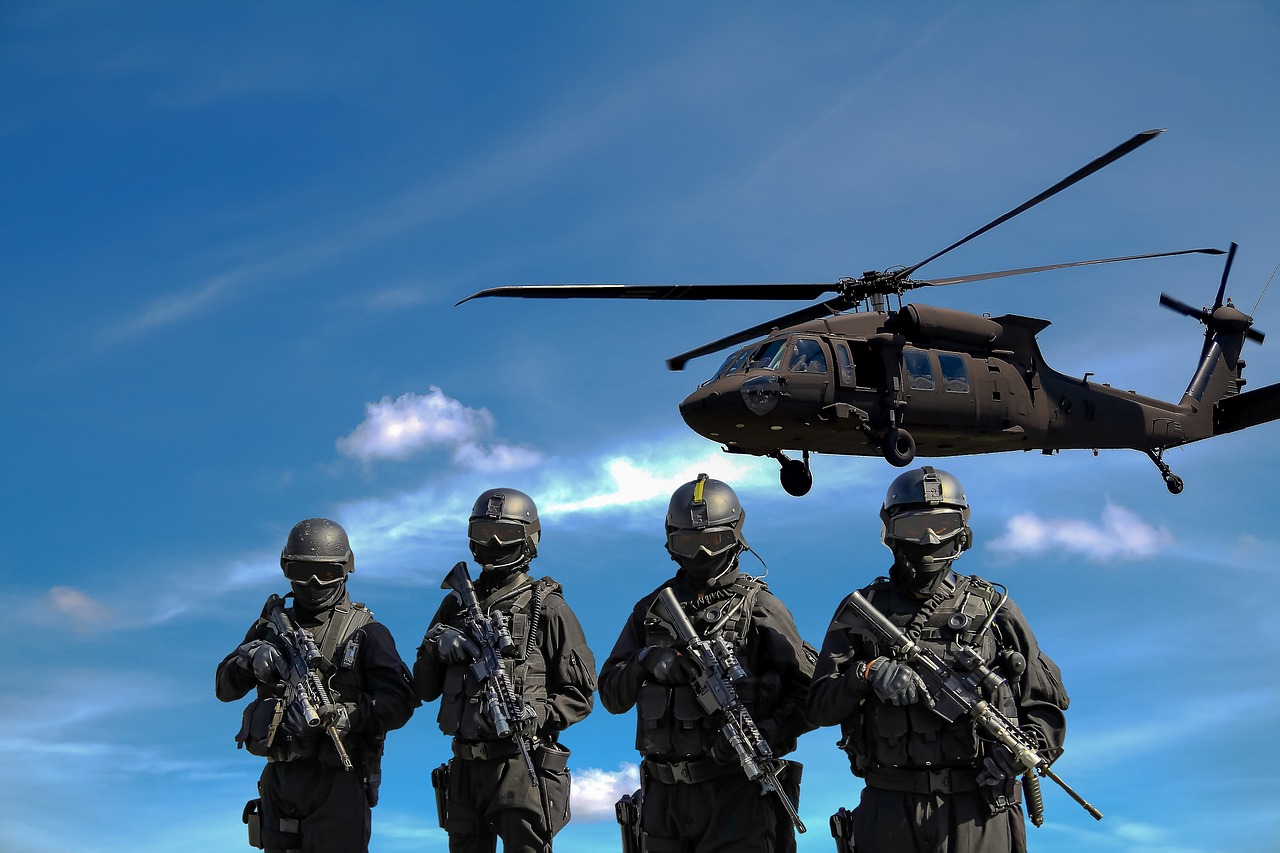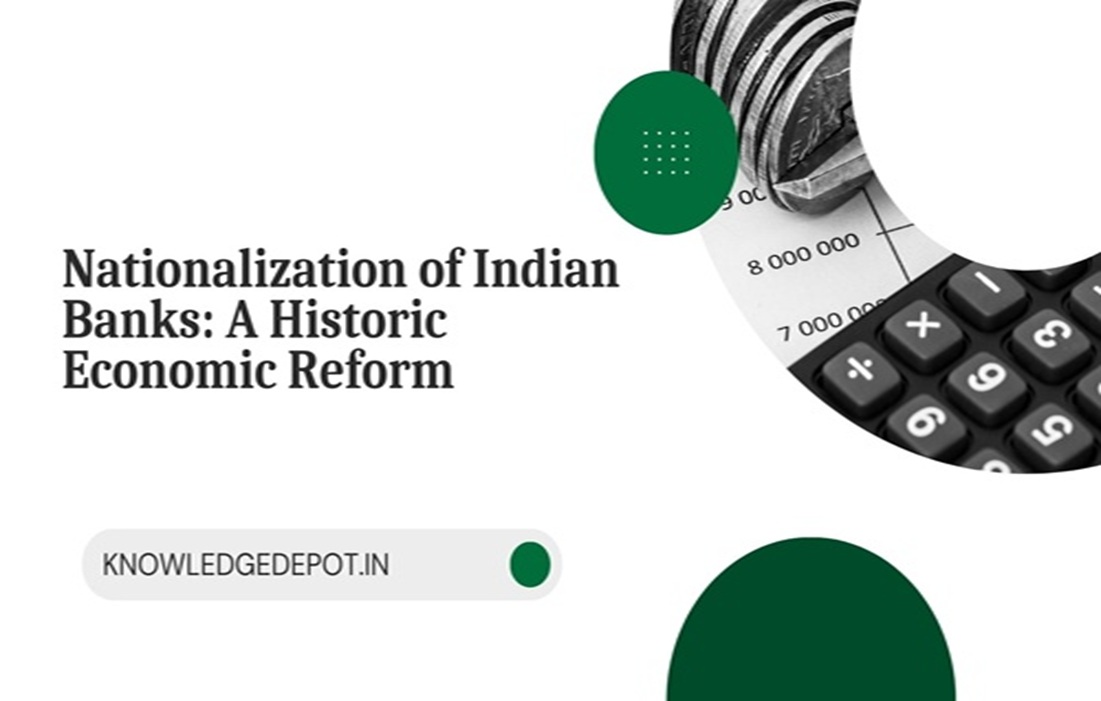On April 22-23, 2025, one of the deadliest terrorist attack in pahalgam recent years unfolded in the picturesque tourist destination of Pahalgam in Jammu and Kashmir, claiming the lives of at least 26 people, mostly tourists. The attack, which targeted civilians at Baisaran meadows (often called “mini Switzerland”), has drawn international condemnation and prompted a massive security operation across the region. The terrorists, reportedly affiliated with The Resistance Front, a shadow group of Pakistan-based Lashkar-e-Taiba, specifically targeted non-Muslim visitors in what appears to be a meticulously planned assault that utilized advanced surveillance equipment and employed religious identification before executions.
#Pahalgam #PahalgamTerroristAttack
Details of the Attack and Its Aftermath
The terror attack took place at Baisaran meadows in Pahalgam, a popular tourist destination in Jammu and Kashmir’s Anantnag district on Tuesday, April 22. Accessible only by foot or pony, this remote location appears to have been strategically chosen to maximize casualties by delaying rescue efforts4. According to police reports, two to three militants appeared suddenly and opened indiscriminate fire at tourists who had gathered in the area.
What makes this attack particularly chilling are the methods employed by the terrorists. According to eyewitness accounts and emerging details, the attackers were equipped with helmet-mounted cameras and recorded the entire sequence of events, suggesting a level of sophistication and premeditation4. The gunmen allegedly wore clothing similar to local police, which may have initially confused victims about their identities.
Chief Minister Omar Abdullah described the attack as “much larger than anything we’ve seen directed at civilians in recent years,” highlighting the severity and unusual nature of targeting tourists so directly. The scale and precision of the attack have raised serious concerns about security in the region just as the tourist season was gaining momentum.
I strongly condemn the terror attack in Pahalgam, Jammu and Kashmir. Condolences to those who have lost their loved ones. I pray that the injured recover at the earliest. All possible assistance is being provided to those affected.
— Narendra Modi (@narendramodi) April 22, 2025
Those behind this heinous act will be brought…
Targeted Religious Violence
Particularly disturbing aspects of the attack have emerged from survivor accounts. According to Asavari, daughter of Pune-based businessman Santosh Jagdale who was killed in the attack, the terrorists specifically targeted men after determining their religious identity.
“They then asked my father to recite an Islamic verse (probably the Kalma). When he failed to do so, they pumped three bullets into him, one on the head, one behind the ear and another in the back,” the 26-year-old recounted. The attackers reportedly separated victims into groups based on gender before identifying them individually4.
This systematic identification and targeting of non-Muslim victims suggests a deeply sectarian motivation behind the attack, with reports indicating that tourists were “singled out for not being Muslim”. The attackers reportedly blamed some victims for supporting Prime Minister Narendra Modi before executing them1.
Victims and Casualty Count
The death toll from the attack stands at approximately 26 people according to most sources, though some reports indicate slightly different figures ranging from 24 to 27 victims. The vast majority of those killed were tourists from various parts of India who had come to visit the scenic Himalayan destination.
Among the deceased was Syed Adil Hussain Shah, a local pony ride operator who was the only Kashmiri killed in the attack. Chief Minister Omar Abdullah, who attended Shah’s funeral, noted: “Perhaps he tried to stop them and tried to take away gun of a terrorist, that is why he was then targeted”.
Several victims reportedly died from excessive blood loss due to the remote location and resulting delay in medical assistance4. In addition to those killed, numerous others were injured, with some remaining in critical condition at government hospitals where heavy security has been deployed.
Government and Security Response
The attack has triggered a swift and massive response from Indian authorities. Prime Minister Narendra Modi, who had embarked on a two-day visit to Saudi Arabia, cut short his trip and returned early on Wednesday. Shortly after his arrival, Modi held a briefing meeting at the airport with External Affairs Minister S Jaishankar, National Security Advisor Ajit Doval, and other officials to discuss the situation.
In a social media post, Modi strongly condemned the attack, stating: “Those behind this heinous act will be brought to justice… they will not be spared! Their evil agenda will never succeed. Our resolve to fight terrorism is unshakable and it will get even stronger”.
Union Home Minister Amit Shah reached Srinagar on Tuesday night and interacted with families of those killed and other survivors on Wednesday. A team from the National Investigation Agency (NIA) also arrived in Pahalgam to assist local police in their investigation.
Security Operations and Manhunt
A massive security operation is currently underway across Kashmir to track down the perpetrators. Tens of thousands of Indian security forces have been deployed throughout the region, with police, army, and paramilitary forces conducting search operations.
Security agencies have released sketches of three men suspected to be involved in the attack. The Resistance Front, a shadow group of the banned Pakistan-based Lashkar-e-Taiba terror group, has claimed responsibility for the attack.
In a possibly related incident, security forces intercepted an infiltration attempt along the Line of Control in Jammu and Kashmir’s Baramulla district just hours after the Pahalgam attack. The “alert troops challenged and intercepted” the infiltrators, resulting in the killing of at least two terrorists.
International Reactions and Broader Implications
The attack has drawn widespread international condemnation. UN Secretary-General Antonio Guterres strongly condemned the “armed attack” and stressed that “attacks against civilians are unacceptable under any circumstances”.
UK Prime Minister Keir Starmer called the terrorist attack “utterly devastating” and expressed that his thoughts were with those affected by the attack and the people of India. US President Trump, Russian President Putin, and EU chief Ursula Von der Leyen also denounced the violence, with Von der Leyen referring to it as a “vile terrorist attack”.
Historical Context and Regional Tensions
The incident marks one of the deadliest attacks in the Valley since the Pulwama strike in 2019. It occurred at a particularly sensitive time when US Vice-President J.D. Vance was visiting India and as the tourist and trekking season was picking up momentum.
Kashmir has been a disputed region between India and Pakistan for decades, with both countries claiming the territory in full but controlling only portions of it. The region has experienced regular militant violence since an armed anti-Indian insurgency began in 1989, claiming tens of thousands of lives over more than three decades.
While violence had waned in recent years, leading to an increase in tourism, this attack raises serious concerns about the security situation in the region. Eight pilgrims were killed and 19 injured in a similar attack in 2017, when militants attacked a bus carrying them back from the famous Amarnath Cave Temple in south Kashmir.
Political Response and Unity Calls
The attack has also prompted political reactions within India. Congress President Mallikarjun Kharge spoke with both Amit Shah and Omar Abdullah about what he called the “despicable carnage” in Pahalgam.
“The perpetrators of this heinous terror attack must not go unpunished. The innocent victims must get justice. Unity in action, in the wake of adversity is the need of the hour. This cross-border terror attack should be responded with adequate and resolute reply,” Kharge stated.
He further emphasized that the Centre “must talk” to all political parties to ensure security in Jammu and Kashmir and make every possible effort to ensure the safety of tourists in the state.
In a show of unity against terrorism, many businesses across Kashmir remained closed on Wednesday to protest the brutal attack on civilians, heeding a call from Kashmiri religious groups and political parties.
As the investigation continues and security forces maintain their vigilance, this attack stands as a stark reminder of the persistent challenges facing the region and the human cost of terrorism targeting innocent civilians.



